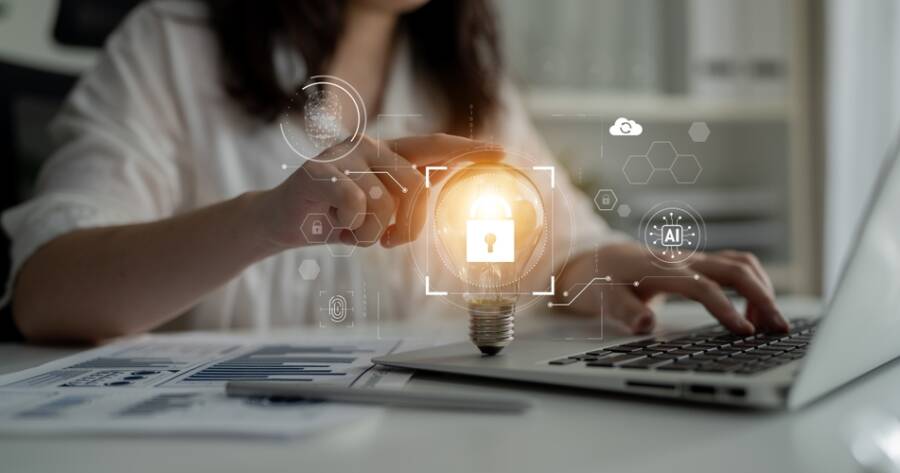In a world where nearly every activity touches the internet, safeguarding personal data is more important than ever. From online banking to social media, our digital lives hold sensitive information that criminals constantly try to exploit. Protecting privacy and finances doesn’t require advanced technical skills, just consistent habits and the right tools. By strengthening defenses and staying aware of risks, anyone can reduce vulnerabilities and navigate the digital world with confidence and peace of mind.
Why Cybersecurity Matters for Everyone
Cyber threats affect far more than large corporations. Everyday users are prime targets for phishing scams, identity theft, and malware attacks that can compromise bank accounts or personal files. A single weak password or unprotected network can open the door to costly fraud or stolen identities, creating lasting consequences.
As our dependence on technology grows, so does the value of personal data. Photos, emails, and financial records all hold information that hackers can exploit. Recognizing the importance of cybersecurity helps shift daily habits toward caution and preparedness. Protecting devices and data is no longer optional—it’s a vital part of modern life that safeguards both privacy and financial well-being.
Strengthen Passwords and Use a Manager
Weak or reused passwords remain a leading cause of breaches. Create strong, unique passwords for every account, combining upper- and lowercase letters, numbers, and symbols. Avoid easily guessed details like birthdays or common words. Changing passwords regularly further reduces the chance of unauthorized access.
Remembering dozens of complex logins can be daunting, which is where password managers shine. Tools such as LastPass, 1Password, or Bitwarden generate and store secure passwords, automatically filling them when needed. With a single master password, you can manage all accounts safely, removing the temptation to reuse credentials and significantly boosting security across every platform.
Keep Devices Updated and Protected
Software updates often include critical security patches. Delaying updates on phones, computers, and apps leaves devices vulnerable to newly discovered threats. Enable automatic updates whenever possible to ensure you’re always running the latest, most secure versions of operating systems and applications.
Pair regular updates with robust antivirus and anti-malware tools. Trusted programs like Malwarebytes, Norton, or Bitdefender scan for suspicious activity and block harmful downloads. A combination of timely updates and strong security software forms a powerful first line of defense, keeping hackers from exploiting known weaknesses and protecting your data around the clock.
Secure Networks and Use a VPN
Unsecured Wi-Fi networks are prime targets for cybercriminals. Always use password-protected connections at home and avoid logging into sensitive accounts on public networks. Set a strong, unique password for your router and consider changing it periodically to prevent unauthorized access.
When using public Wi-Fi is unavoidable, a Virtual Private Network (VPN) adds an essential layer of protection. Services like NordVPN, ExpressVPN, or ProtonVPN encrypt internet traffic, making it nearly impossible for outsiders to intercept personal information. A VPN ensures privacy whether you’re checking emails at a café or shopping online during travel.
Stay Alert to Scams and Phishing Attempts
Many cyberattacks begin with a simple deceptive message. Phishing emails and texts often mimic trusted institutions to trick users into revealing login details or clicking harmful links. Always verify unexpected requests by contacting the organization directly through official channels rather than responding to suspicious messages.
Look for red flags such as poor grammar, urgent language, or unfamiliar sender addresses. Enable two-factor authentication (2FA) wherever possible to add a second layer of protection, requiring both a password and a unique code. Staying vigilant and questioning unsolicited communications dramatically reduces the risk of falling victim to scams.
Building Everyday Digital Resilience
Protecting personal data is an ongoing process that combines smart habits with reliable tools. By understanding the importance of cybersecurity, using strong passwords, updating devices, securing networks, and staying alert to scams, you create a robust defense against digital threats. With consistent effort and the help of trusted apps like password managers, VPNs, and antivirus software, everyday users can confidently enjoy the benefits of technology while keeping personal information safe from harm.

